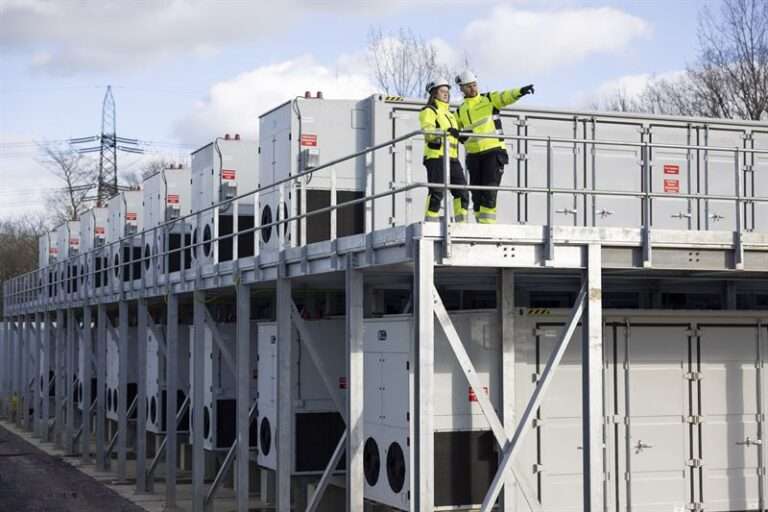TSMC’s Visionary Leap: Trillion-Transistor Chips Unveiled by 2030
Semiconductor Giant Propels Industry into a New Era of Computing Power”
In a dazzling display of innovation, TSMC (Taiwan Semiconductor Manufacturing Company), the leading force in chip foundries, has unveiled an audacious roadmap to engineer computer chips housing over a trillion transistors by the year 2030. This monumental announcement, revealed at the International Electron Devices Meeting (IEDM) conference in San Francisco, signifies a groundbreaking leap forward in chip technology complexity.

TSMC’s ambitious plan encompasses the creation of chips boasting an unprecedented trillion transistors by leveraging cutting-edge multi-chiplet designs. Pushing the boundaries of fabrication capabilities, the company is targeting a remarkable 200 billion transistors on a single silicon piece. With commitments to realize 2nm-class N2 and N2P nodes, alongside the ambitious 1.4nm-class A14 and 1nm-class A10 processes by 2030, TSMC’s aspirations are poised to redefine the landscape of chip fabrication.
Central to TSMC’s strategy is the pursuit of advanced 3D packaging for multiple chiplets and monolithic chips, presenting a revolutionary approach to surmount existing limitations in chip technology. The roadmap includes the pivotal milestone of commencing 2nm production in 2025, propelling advancements in miniaturization, culminating in the visionary creation of 1nm monolithic chips, each brimming with a staggering 200 billion transistors.
While TSMC spearheads this transformative journey, the semiconductor arena witnesses intensified competition and innovation, epitomized by Samsung’s introduction of 3nm Gate-All-Around (GAA) transistor technology. The relentless pursuit of advancements in technologies like CoWoS, InFO, and SoIC underscores TSMC’s commitment to crafting multi-chiplet solutions hosting over a trillion transistors by 2030.
TSMC’s strategic focus emerges against the backdrop of a burgeoning trend towards multi-chiplet designs in the semiconductor domain, typified by AMD’s Instinct MI300X and Intel’s Ponte Vecchio, featuring numerous chiplets. Anticipating an escalation of this trend, TSMC foresees the advent of multi-chiplet solutions housing over a trillion transistors, marking a monumental stride in chip complexity.
The company’s profound impact extends across a spectrum of industries, fostering advancements in next-gen cloud solutions and AI accelerators. TSMC’s technology powers the infrastructure of tech giants like AWS, Microsoft Azure, and Google, fuelling innovations in cloud computing and smartphone advancements. Speculation about Apple’s integration of TSMC’s 3nm chips into iOS 18, hinting at advanced AI features, amplifies the far-reaching ramifications of these technological breakthroughs.
However, amidst these advancements, manufacturing challenges, financial considerations, and geopolitical tensions pose formidable uncertainties. Despite the hurdles, TSMC’s visionary initiative holds the potential to revolutionize sectors ranging from AI and high-performance computing to autonomous vehicles and medical technology. As the chipmaking industry navigates uncharted territories, TSMC’s forward-thinking vision stands as a beacon, guiding the industry towards unprecedented levels of complexity and miniaturization.
Source: Adapted from Tom’s Hardware’s article “TSMC Unveils Ambitious Roadmap for Trillion-Transistor Chips”
Follow us on LinkedIn”Electrical Insights” to get the latest updates in Electrical Engineering. You can also Follow us on LinkedIn and Facebook to see our latest posts on Electrical Engineering Topics.








